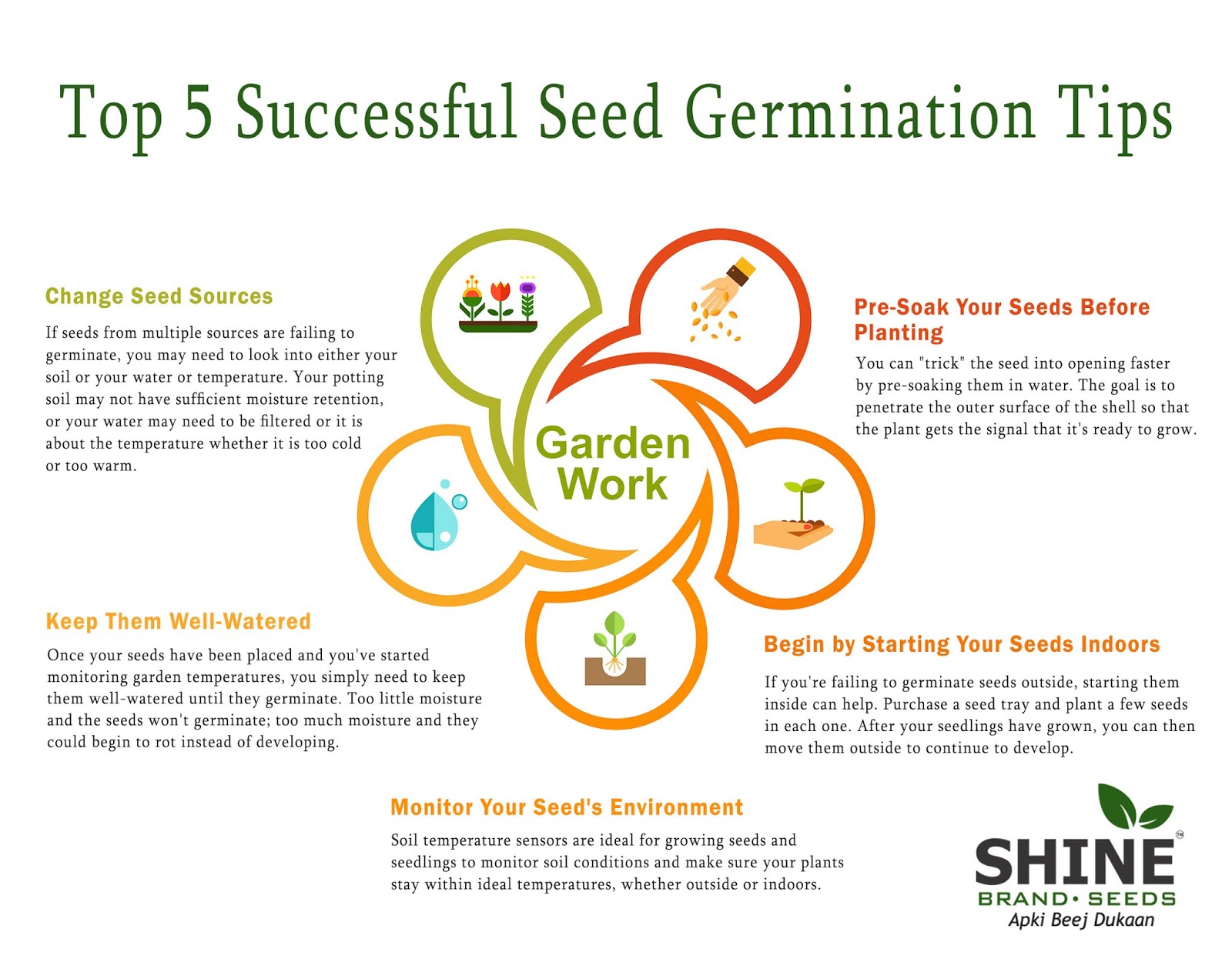Reasons Why You Should Go Organic!!
Organic food businesses are
growing, but some of the food markets are still overwhelmingly managed by
conventional food. The best way to increase sales and engage previous customers
is to be prepared with the actual facts about organic food that consumers want
to know.
Many
organizations offer basic study material for consumers about organic food and
its advantages, but it can be too many details for some consumers. While it's
better to have your own personalized informational packet. You can post facts
regarding organic food at the website or create an easy to skim organic facts
brochure.
Below
are some ready-to-go facts about organic food that will provide great
information to customers.
Organic Food Is Healthy and Safe
You
can listen by the people many times that "Organic food isn't any more
nutritious — so don't ruin your money." However, The Indian Association Of
Soil & Water Conservationists notes that organic food improves the
consumption of vitamins, minerals, antioxidants, and essential fatty acids.
Health
and safety should not be involved with nutrition. While most studies can't
prove, behind a doubt that organic food is more nutritious, it is much safer,
which may transpose to a healthier body, able to digest healthy nutrients.
Non-organic
food usually contains toxic hormones and pesticides. Pesticides are dangerous —
by nature, they're planned to kill. Pesticides can cause neurological
obstacles, cancer, infertility, illness, vomiting, diarrhea, allergies and
asthma, wheezing, rashes, and other skin problems, birth defects and more.
Basic logic would tell you not to eat poison, so why not go organic and avoid
these toxic pesticides?
Organic Food Builds Strong Future Generations
It's
refreshing to imagine unborn babies preserved and safe in the womb, but
research by the Environmental Working Group (EWG) shows that compounds,
pesticides in food and other pollutants cross-pollinate the placenta.
These
pesticides and other toxins can create health risks for babies. Many studies
link pesticides to low birth weight, birth defects, neurological and behavioral
problems, disrupted hormone function, autism, and cancer.
Pesticides
and chemicals have also been linked to infertility problems in males and
females. When parents-to-be prefer organic food, their baby-to-be is exhibited
to fewer health risks.
Organic Food Keeps Our Water Clean
Pesticides
and chemical compounds don't belong in drinking water, lakes or oceans, but
right now most of the water on earth is in danger. Exterior water drainage from
non-organic farms and other non-organic food enterprises can store pesticides
into lakes, rivers, and reservoirs.
Companies
who dispose of pesticides incorrectly can contaminate soil and drinking water
supplies as well. Many pesticides don't break down in the water and may remain
in the water system for years. Organic food growing methods help to maintain
the water clean plus use less water, thus preserving the earth's water stocks.
Organic Food Helps Protect Animals
Wild
animals depend on healthy plants, rivers, and lakes in their environment. When
pesticides infiltrate animal environments many animals hurt.
Much
research shows that organic livestock is more inclined to be managed better
than non-organic livestock.
As
time goes on, consumer demand for animal welfare is assured to factor into the
organic certification system. Buying organic does help animals.
Organic Food Results in Less Soil Erosion
Everyone
should be concerned about soil erosion. A Cornell University study, "Soil
Erosion: A Food and Environmental Threat", remarks that soil erosion
increases flooding and dehydration. Soil erosion affects excess particles in
the air, which leaves around generating air pollution.
Worse,
according to the Cornell study, this excess dust, "Carries about 20 human
infectious disease organisms, including anthrax and tuberculosis."
Conservation tillage, cover crops, windbreaks and other sustainable farming
methods used on organic farms help control soil erosion. Soil from organic
farms is also pesticide-free and won't add pesticides into the air.
Organic Food Conserves Fossil Fuels
Traditional
farming production uses more fossil fuels than organic food production. One study
shows that sustainable farming methods may use 23% to 56% fewer fossil strength
than traditional farming methods.
Purchasing
organic food benefits sustainable farming, which in turn saves non-renewable
fossil fuels, saves money paid on current supplies and reduces global warming
results.
Organic Food Offers Outstanding Flavor
The
flavor is prejudiced, but you're also expected to get fresher flavor with organic
food. Organic foods don't contain artificial chemicals, so they sit on the rack
for less time, and consumers get a fresher, better-tasting product.
Processed
organic foods are actually where the flavor difference appears in. Organic
foods don't contain chemical artificial flavors, so the true flavor of the food
reflects through.
Organic Food is Becoming More Affordable
So
many people criticize that organic food is too costly. Organic food can cost
more than traditional foods. However, when people frequently buy organic food
it confers consumer support for organic food and then organizations will work
to meet that demand with more reliable, more competitive prices.
The
only way to show the government and businesses that people worry about quality,
affordable organic food is to buy quality organic food. Your organic
investments now create a difference in the great run.
Luckily,
for now, organic foods are becoming more affordable than before. Plus, there
are lots of methods to save funds on
organic food, for example, you can use organic tokens or
purchase more in-season food.




Comments
Post a Comment